In the medieval times, when German apprentices hit a certain level of their career training, they were then encouraged to set out on a year long journey, in order to master their crafts and train in the studio of many professionals. The Wander Year was meant to be a growing year, a year to allow German youth to discover the world. Then when the apprentices returned home, they were no longer considered apprentices. Rather, these young people were now adults and were encouraged to open up their own shops or studios.
I learned about this tradition when I was in German class last semester. I remember how that lesson in class left an impression on me – I was curious to learn more about it. Now that I am here in Germany on a Fulbright scholarship, exploring the country for myself, I feel I can truly say that now I’m on my own “Wanderjahr” – Wander Year. I am discovering the lands of Germany and am training in the German tradition. I am discovering both parts of the world and capabilities within myself that I had never seen or used before.
My first night in Germany, I had to remind myself of all the reasons I wanted to be here. I had to remind myself of the point of my project – to learn more about the resurgence of Jewish life in Germany, post World War II and write about it for both American and German audiences. I had worked so hard in applying for the Fulbright. I can still remember myself sitting in the Berlin cafés last summer writing my Fulbright application. This was what I had wanted since I was a sophomore in college. I had wanted this European adventure for so long.
Now that I was here, I could hardly believe it. I was now going to live in a dorm for the next six weeks and learn German with 29 other American Fulbrighters. While there are over 200 American Fulbrighters placed in Germany, only 30 of us were selected for this program which starts a month and half before our grant period begins. For the first three days, we had a Fulbright Orientation, where we met the heads of the German Fulbright commission and we learned what was expected of us as American Fulbrighters. They explained how as Fulbrighters, we were American representatives abroad. The Commission hoped that during the year we’d push ourselves and make many German connections, so we could keep the bonds between Germany and America strong for the years to come.
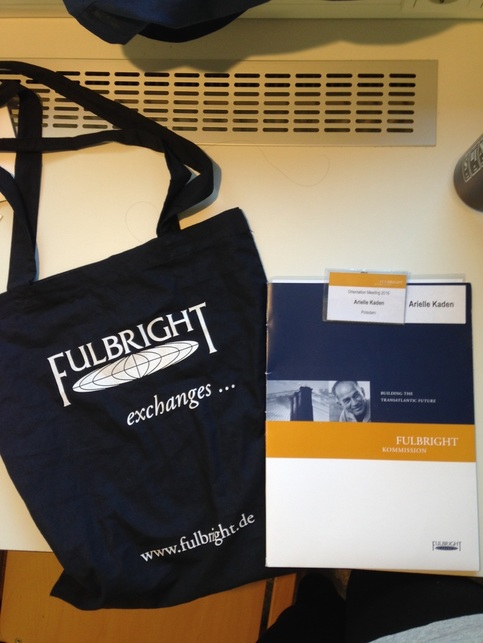
Not only that, but I have met many new people living on my floor. Most of my neighbors are international students who chose to stay in the dorms over the summer. As I explained to my Mom over Facetime one night, I feel like my dorm is like a little United Nations. We come from all over the place! Many of the students living on my floor come from the Middle East – from Syria, Iran, Palestine, and other places. There are also several students from Germany, Korea, and China. They have all been very kind to me thus far and are curious to learn about life in America. They have been particularly interested in our presidential election, which I have tried explaining to them to best of my ability.
When speaking to people who hardly understand English, I feel the pressure to speak German slowly and get it right. While my German certainly isn’t perfect – I don’t even feel like I’m truly conversational yet – it’s really been fulfilling to communicate with German people in their own language. It’s been challenging for me, but I believe I have grown just from trying to do it. These past three weeks in general have just been really fun. While it was a little hard at the beginning to settle in and adjust to “the German way of life” – not to mention I caught a terrible cold my first week here - the longer I have stayed here the more I realize how similar German culture is to American culture.
While the language in Germany certainly is different, and certain aspects of life here definitely differ from American life, for the most part, I can see how America and Germany are two very similar places. The people in Germany have been very kind to me. The public transportation is great. Germany as a country is beautiful and I’ve loved exploring it. I’ve had the chance to visit the nearby city of Frankfurt twice and see their amazing museums. I’ve seen work by artists that I learned about in my art history class. I’ve learned about German writers that lead such interesting lives. I’ve gotten to go hiking and see such beautiful places, I wish I could turn all of my pictures into post-cards.
I became worried during my first night in Germany that I’d feel really alone during my Fulbright year. I was afraid that I wouldn’t make many friends and that I’d miss my family and friends at home every day. But in fact, I was wrong. Even when I'm back in my dorm room at night, having finished my German classes, hanging with my Fulbright friends, and catching up with friends and family via Facetime, and I’m ready to go to bed and I have my little room all to myself, I don’t feel alone because I know that there are good people here in Germany and in America who are looking out for me. And I know I can handle it – this whole “independence” thing.
Every day I feel like I’m learning – “wandering” – in a way. I’m looking forward to training more as a journalist and pursuing my Fulbright project. Being here has been fun and in many ways, its been rewarding and eye opening. I truly feel very lucky to be here and I can’t wait to see where this Wanderjahr in Germany takes me next.
Until next time,
Arielle
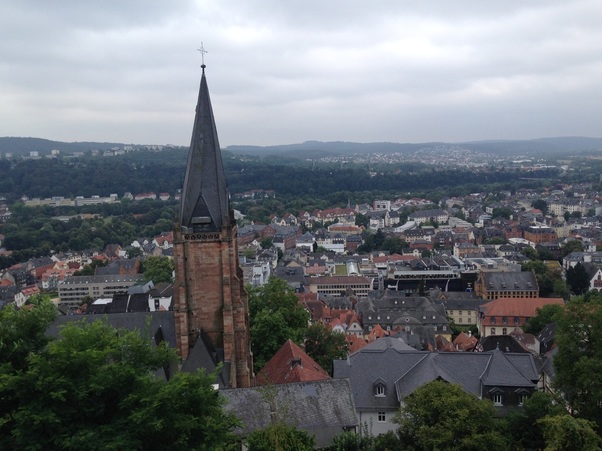
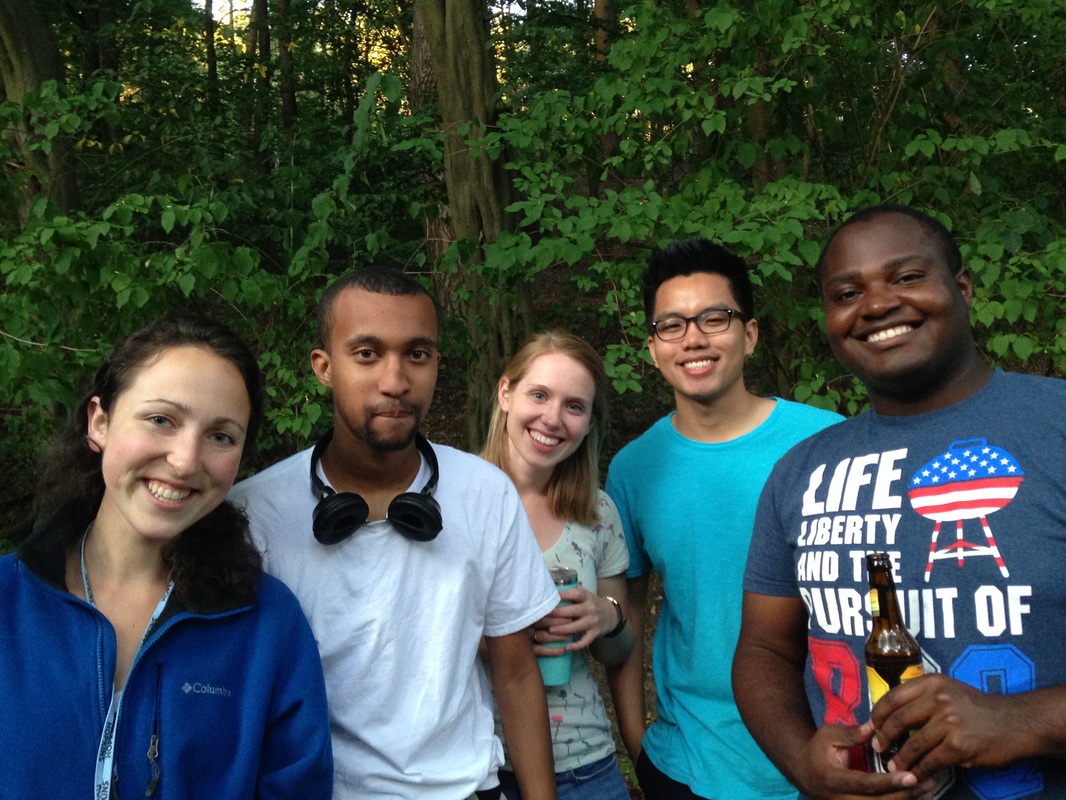
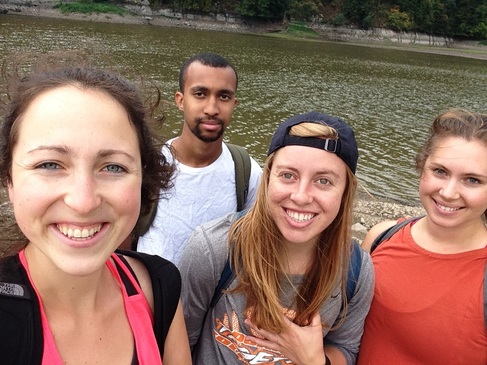
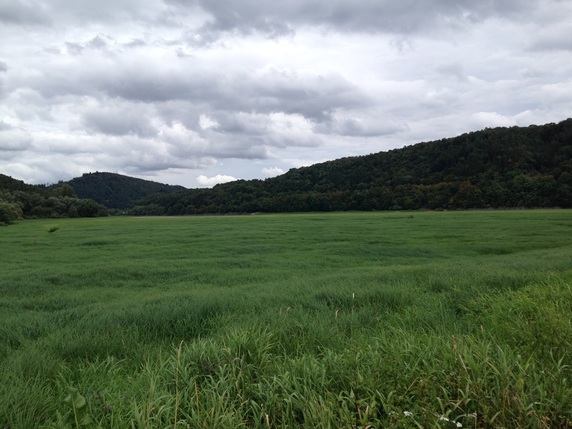
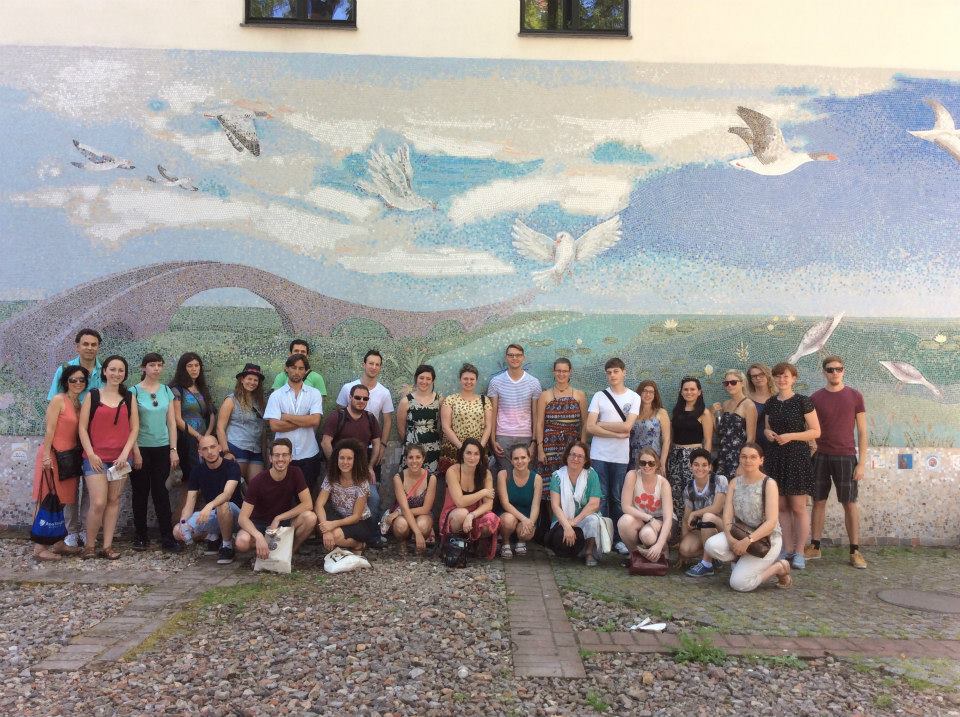
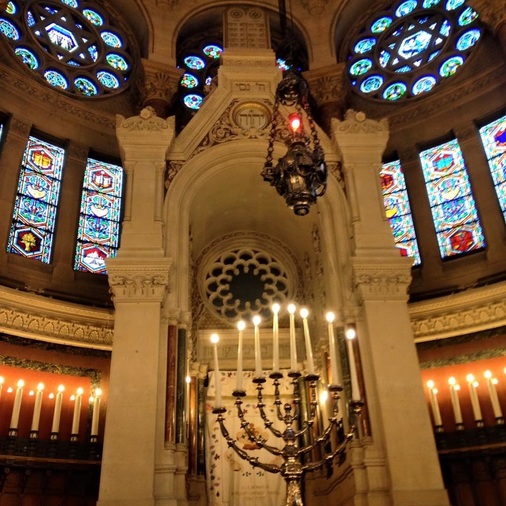
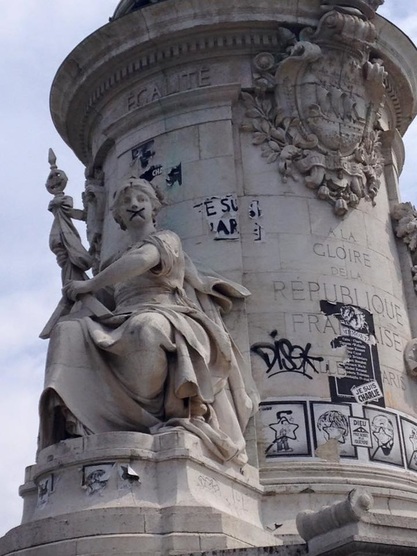

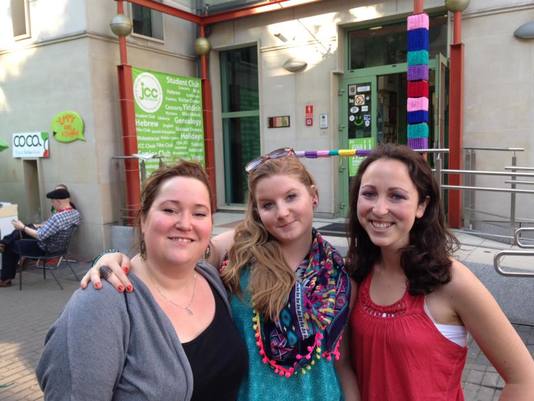
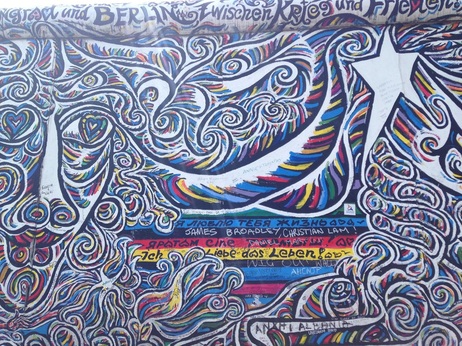
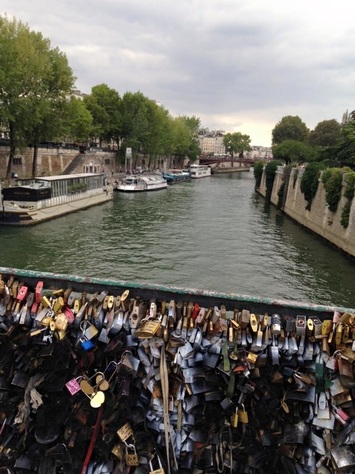
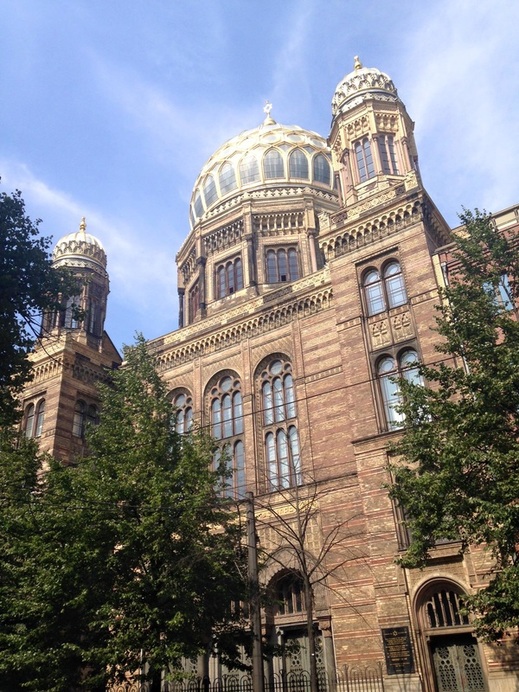
 RSS Feed
RSS Feed
